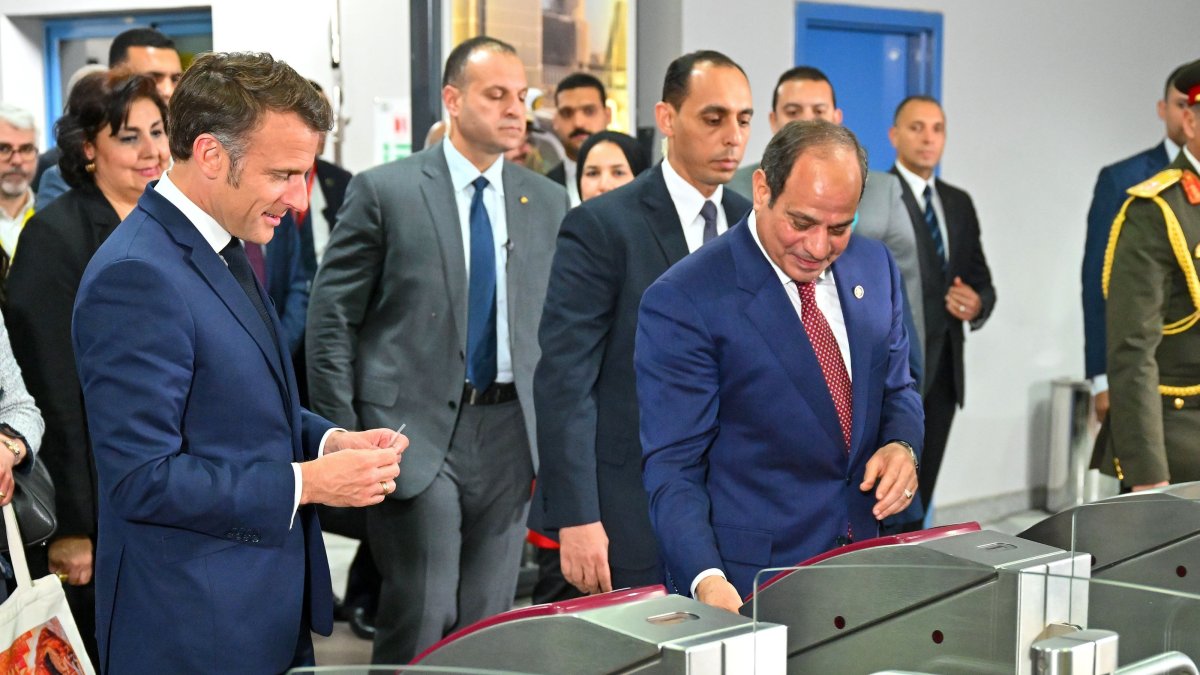
In a significant step towards advancing renewable energy initiatives, Egypt and France have signed a landmark agreement worth €7 billion ($7.68 billion) to jointly develop, finance, and operate a state-of-the-art green hydrogen production facility. The deal, which was formalized during French President Emmanuel Macron’s official visit to Egypt, marks a crucial milestone in both countries’ efforts to promote clean energy and sustainability.
The green hydrogen production facility will be located near Ras Shokair, on the western shore of the Gulf of Suez in eastern Egypt. This facility will focus on producing green hydrogen and its derivatives, including green ammonia, which is pivotal for the decarbonization of various industries such as agriculture and transport.
The agreement involves a strategic partnership between the Red Sea Ports Authority, the New and Renewable Energy Authority of Egypt, and the Green Fuel Alliance. This alliance is composed of the French energy giant EDF Renewables and Egypt’s Zero, a joint venture between Egyptian and Emirati companies. Together, they will oversee the development and operation of the facility, making a significant contribution to Egypt’s ambitious renewable energy goals.
President Macron’s visit to Egypt also included a tour of the Adly Mansour Metro station in Cairo, which operates under the management of France’s RATP group, further cementing the growing bilateral cooperation between the two nations.
This green hydrogen project is part of Egypt’s broader strategy to become a regional leader in clean energy and a key player in the global energy transition. It aligns with the country’s commitment to reducing carbon emissions and promoting sustainable energy alternatives. By producing green hydrogen, Egypt aims to harness its vast renewable energy resources, particularly solar and wind, to generate environmentally friendly fuels that can be exported to international markets.
The partnership with France underscores the importance of international collaboration in tackling climate change, as both countries work together to harness cutting-edge technologies for a greener, more sustainable future.

